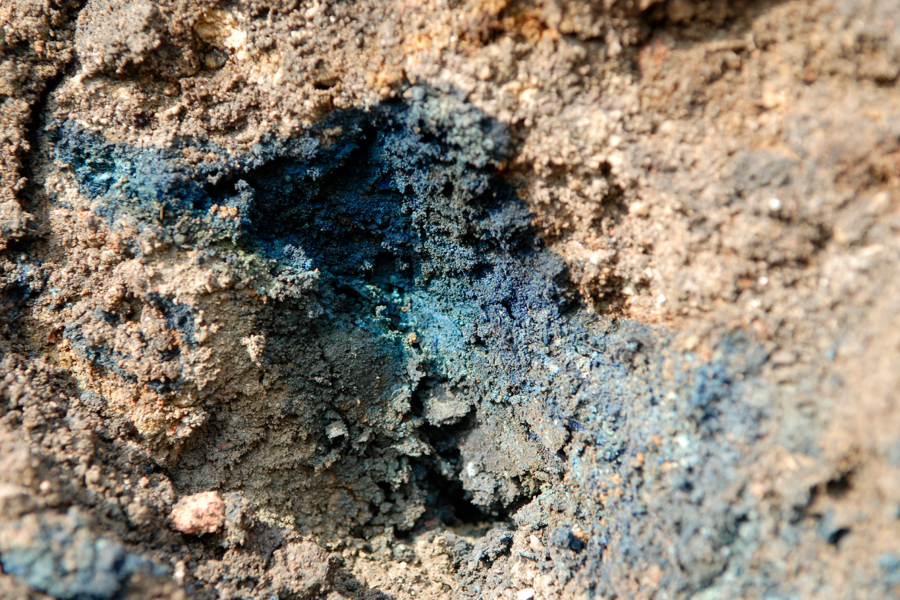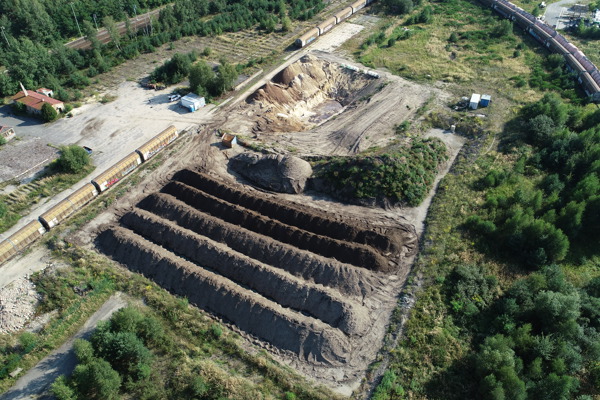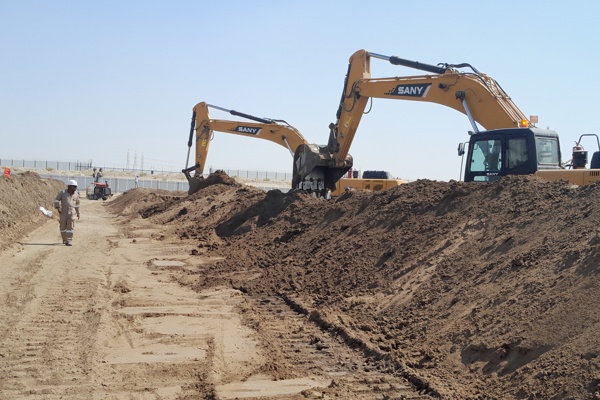Contaminated site remediation
We ensure the safe removal of environmental burdens. We take care of everything – we collect samples, design the most efficient approach, conduct laboratory and pilot tests to verify the effectiveness of the remediation method, develop a project plan, manage the remediation work, provide supervision, and post-remediation monitoring. We also offer assistance in obtaining grants from EU/Operational Programme Environment funds.










